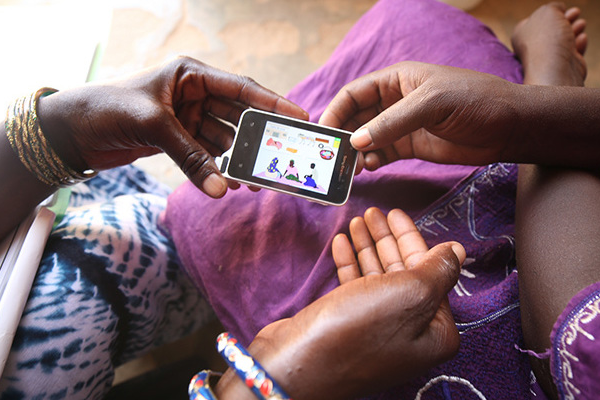
Digital Development is Humanitarian Relief
The rapid development and adoption of digital technology are transforming economies and societies around the world. Digital solutions can help countries skip traditional stages of progress. Digital ecosystems can provide unique opportunities for communities to accelerate their social growth.
What is Digital Development?
Digital Development is the use of information and communication technologies to to magnify the intent of communities to accelerate their social and economic development. These solutions help countries leverage technology innovations to reduce poverty and achieve the Sustainable Development Goals. Practitioners use the Principles of Digital Development implementation methodologies to create successful technology-enabled programs for humanitarian aid and relief.
Why is Digital Development Important?
Digital development can help people live more free and prosperous lives. These solutions provide a unique opportunity for countries to accelerate economic growth and connect citizens to services and jobs.
In times of crisis, from natural disasters to pandemics such COVID-19, digital technologies keep people, governments and businesses connected. They foster community resilience and national self-reliance.
Multiple international development donors are funding ICT4D programs, including:
- USAID: United States Agency for International Development
- CDC: The Centers for Disease Control and Prevention
- DFID: Department for International Development
- The Bill and Melinda Gates Foundation
USAID released a Digital Strategy to help end the need for foreign assistance. The strategy focuses on digitally-supported programming that maximizes benefits and manages digital technology risks in communities.
Examples of Digital Development Programs
International development donors are funding ICT4D programs to improve social and economic outcomes of humanitarian aid programs. These solutions include technologies like artificial intelligence, blockchain, big data, chatbots, digital financial services, and geographic information systems.
Here are more digital development solutions for you to review:











